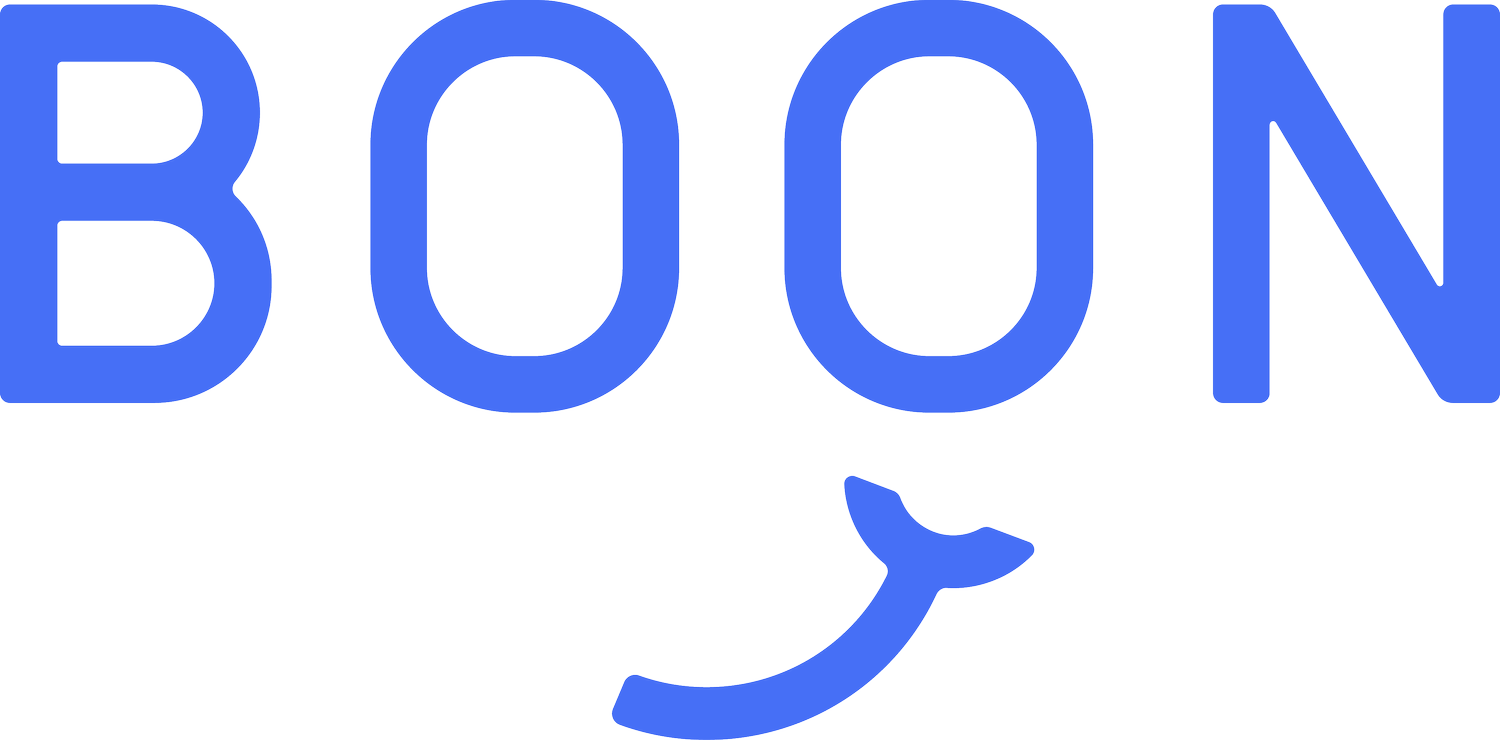How to Identify Signs of Burnout (+ stop it in its tracks!)
It’s normal to feel tired after a long day at work, but when is regular fatigue actually a sign of burnout? In a culture where productivity is celebrated as the best way to “get ahead,” it’s increasingly challenging to set boundaries around professional responsibilities. Unfortunately, a lack of work/life balance often leads to burnout and can significantly impact your physical and mental health.
Wondering if you might be suffering from burnout? Here’s our guide on how to identify signs of burnout and how to stop it in its tracks.
What is Burnout?
Burnout is a state of extreme mental and physical exhaustion caused by prolonged stress and lack of self-care. Burnout shares some characteristics with other conditions, like depression, anxiety, and chronic fatigue, but is more often directly linked to a specific situation and is the result of repeated exposure to that environment. Typically, burnout develops over time, and gradually increases in direct correlation to interactions with external stressors. If left untreated, burnout might lead to health issues like heart problems and diabetes.
What are the Symptoms of Burnout?
Burnout manifests in a variety of symptoms ranging from physical ailments to mental strain.
Common symptoms include:
Exhaustion: experiencing both physical and mental fatigue.
Isolation: feeling lonely, misunderstood, and cut-off from others.
Irritability: being quick to anger, lacking coping skills in stressful situations.
Illness: frequent bouts of physical illness and low immune response.
Escape fantasies: fantasizing about a different life or different set of circumstances.
How Does Burnout Develop?
Repeated exposure to a stressful stimulus causes burnout over time. Burnout is most common in individuals who are dealing with stressful professional environments or ongoing family challenges. Because burnout doesn’t have a sudden onset, it may be difficult to recognize right away. Often, an individual is in denial about their state of burnout until they hit rock bottom.
Anyone can develop burnout given the right set of circumstances, but certain personality types are more susceptible to burnout. Individuals with high levels of ambition, perfectionism, and the need to be in control, may drive themselves to a point of burnout more frequently than others. These high-achievers may find it difficult to delegate tasks to others, and often end up shouldering too many responsibilities at once.
How Do I Treat Burnout?
If you’re currently experiencing burnout, start with small steps like communicating with others and prioritizing self-care on a day-to-day basis.
Talk to Someone Your Trust
One of the most effective ways to combat burnout is to confide in a trusted friend or family member who can act as a support system. Since feeling burnt-out is inherently isolating, acknowledging how you’re feeling is often hugely relieving. Describe how stress has impacted your life in recent months, and share your concerns about your mental and physical health.
It also might be a wise idea to seek professional counseling support. Talking with a mental health professional may help you reframe stressful situations and develop skills to cope with future challenges.
Establish Breaks
Even if you take a ten-minute walk during your lunch break, it’s essential to establish and maintain boundaries as part of your work/life balance. The smallest gestures of self-care add up over time, and may help you feel more grounded and engaged with other tasks.
Preventing Burnout
Stop burnout from developing by engaging in healthy and mindful activities to sustain your mental and physical health.
Exercise: exercise is beneficial for your mental and physical health. If you don’t have time for a long session at the gym, try incorporating shorter exercise breaks into your routine.
Diet: eating healthy food sustains your energy and provides mental and physical nourishment. Try cutting back on sugar and caffeine, and incorporate more whole foods into your meals.
Sleep: adhering to a regular sleep schedule allows your body and mind to recharge and prepare for the next day. The more well-rested you are, the more capacity you’ll have to deal with challenges and external stressors.
Provide Resources for Employees
Bring mental health awareness to the workplace by partnering with Boon Health. Boon Health offers a workplace wellness program customized to fit your team’s needs. By focusing on resilience, personal growth, and professional development, Boon Health’s program empowers workers to develop a happier, healthier, and more productive work environment. Interested in how Boon Health’s programs can strengthen your company? Schedule a demo today!
